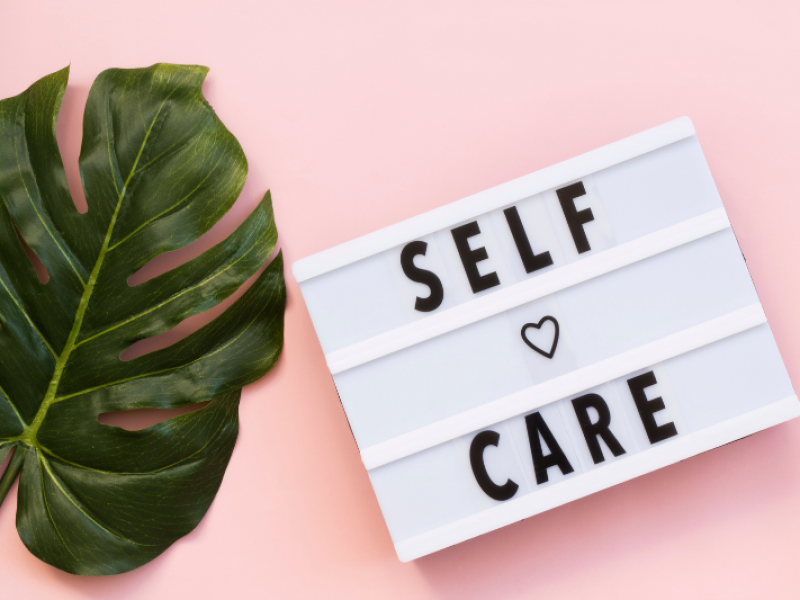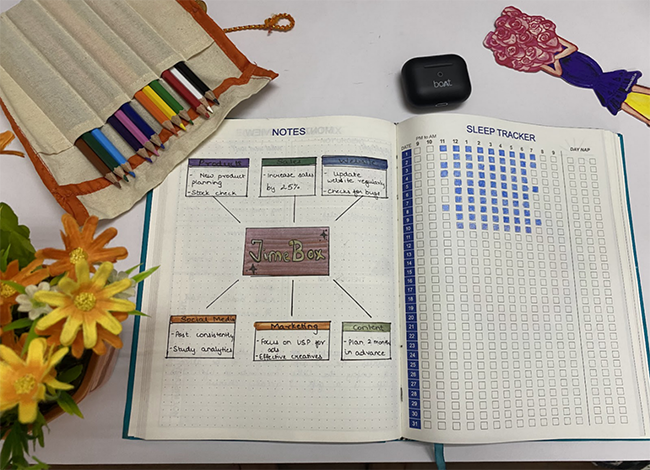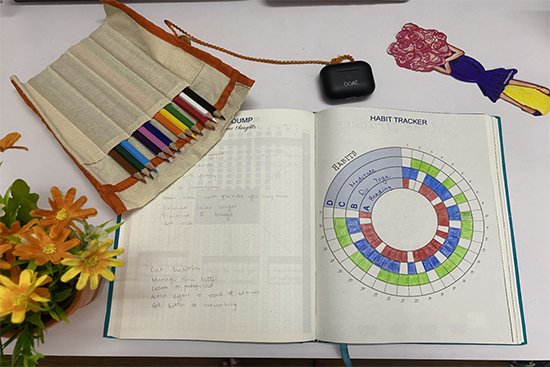Are you feeling drained, weary, or simply exhausted? Do you ever feel like you’re going through the motions, lacking drive, and losing sight of what makes you happy? If this is the case, you are not alone. Burnout has become a stealthy pandemic in a world that continually demands our attention and energy, sneakily choking our passion and leaving us feeling like hollow shells.
Burnout is an all-too-common occurrence in today’s fast-paced and demanding society. It sneaks in quietly, depleting our energy, drive, and passion. It’s like a dark fog that masks our sense of purpose and leaves us fatigued, overwhelmed, and detached from the things we used to like.
What is Burnout?
Burnout causes you to feel physically and emotionally spent, like a fuse that progressively burns out. It’s a condition of tiredness where your energy reserves have been spent as a result of continuous stress and overwhelmingly high demands.
Imagine losing interest in activities you used to enjoy and feeling cut off from your purpose while juggling numerous obligations nonstop. Your motivation, productivity, and general well-being are all impacted by burnout. Exhaustion, cynicism, and a sense of helplessness are warning indicators that must be identified to prioritize self-care, set boundaries, and get support.
Causes of burnout:
Understanding the underlying factors that contribute to burnout can help explain why we occasionally experience exhaustion and feel overwhelmed.
- Chronic Stress: Burnout can result from prolonged exposure to high levels of stress because the body and mind find it difficult to handle the ongoing strain, whether it comes from challenging job conditions or personal obligations.
- Unrealistic Expectations: Setting unreasonable standards for yourself out of perfectionism or other demands makes you feel as though you will never be able to reach them, which eventually leads to feelings of inadequacy and exhaustion.
- Lack of Support: Burnout might worsen if you don’t receive support from your coworkers, managers, or friends. Without a support system of sympathetic and understanding people, we could feel alone and unwilling to ask for help when we need it.
- Neglected Self-Care: We are deprived of necessary refreshments when we don’t prioritize self-care activities like getting enough sleep, eating a balanced diet, exercising, and engaging in leisure activities. Because neglecting our well-being weakens both our physical and mental resistance, it makes us more susceptible to burnout.
- Excessive Workload: Taking on excessive duties and responsibilities can wear us out and leave us with little time and energy to recover, which eventually causes burnout.
7 Ways to Recover from Burnout:
Beating burnout requires a comprehensive approach that addresses the physical, mental, and emotional aspects of well-being. Here are some strategies to help you overcome burnout:
Self-Care:

Make self-care activities that restore your energy and encourage relaxation a priority. This can involve engaging in physical activity, obtaining appropriate sleep, mindfulness or meditation practice, and hobbies or other enjoyable pursuits. Prioritizing self-care allows you to replenish your energy reserves, rebuild resilience, and restore a sense of balance, which is crucial for recovering from burnout. It nurtures your physical, mental, and emotional well-being, providing the foundation for healing and rejuvenation.
Set Healthy Boundaries:

Set up clear boundaries between your personal and professional lives. Learn to say “no” to unreasonable requests and assign duties when you can. Establish specific times for sleeping, unwinding, and spending time with loved ones. Setting healthy boundaries empowers you to protect your time, energy, and well-being, preventing further burnout and promoting self-care. It allows you to regain control over your life, prioritize what truly matters, and create a more balanced and sustainable approach to work and personal commitments.
Seek Support:

For emotional support, speak with close friends, members of your family, or coworkers. Seeking support creates a network of understanding individuals who can offer guidance, empathy, and encouragement throughout your recovery from burnout. It provides a safe space to share experiences, gain new perspectives, and access resources that can aid in the healing process.
Re-evaluate your Priorities:

To refocus your attention, consider your values and ambitions. Determine which activities bring you joy and fulfillment and devote time and energy to them. Learn to say no to non-essential commitments or projects that do not correspond to your priorities. Reevaluating your priorities enables you to realign your focus with what truly matters, and allows space for self-care and rejuvenation. It helps you regain a sense of purpose, clarity, and balance, guiding you toward a more fulfilling and sustainable life after burnout.
Practice Mindfulness:

Incorporate mindfulness techniques into your daily routine to cultivate present-moment awareness and reduce stress. These are examples of deep breathing techniques, journaling, or engaging in activities that encourage relaxation and self-reflection. It promotes relaxation, reduces anxiety, and fosters a greater sense of self-care, allowing you to reconnect with your inner peace and restore emotional well-being.
Develop Healthy Habits:

Adopt healthy behaviors such as regular exercise, a nutritious diet, and appropriate sleep to promote a balanced lifestyle. These routines promote physical and mental well-being while also increasing resilience to burnout. These habits provide a solid foundation for self-care, increase your energy levels, and contribute to a greater sense of well-being and vitality.
Remember that healing takes time and self-compassion. It’s essential to prioritize your well-being, listen to your needs, and take intentional steps toward self-care and balance. Be patient with yourself as you rebuild your energy and passion. Surround yourself with supportive individuals who understand your journey. Embrace the lessons learned from burnout and use them to create a more sustainable and fulfilling life moving forward.
You have the power to overcome burnout and cultivate a life that is aligned with your values, purpose, and well-being. Let this be the beginning of a new chapter filled with resilience, joy, and a renewed sense of vitality. We hope this helped you.

